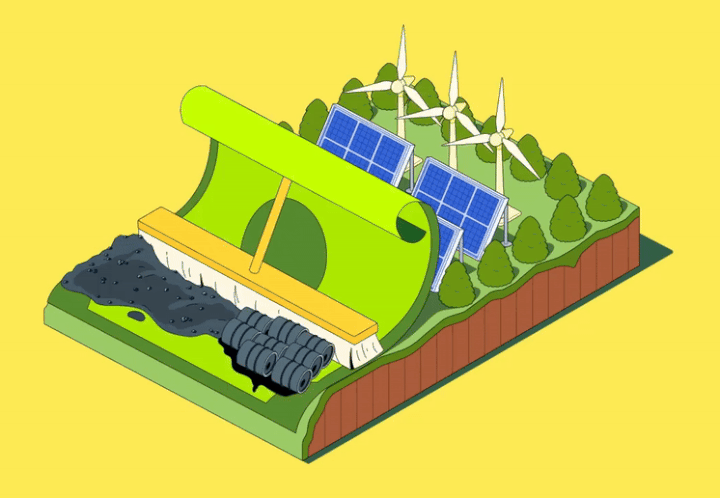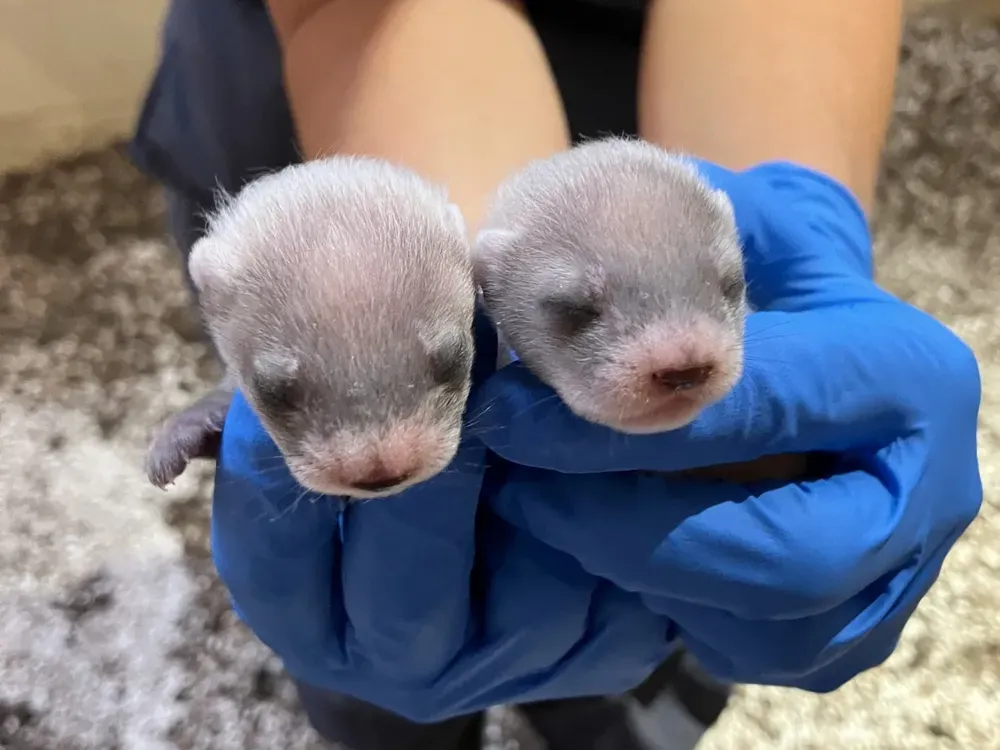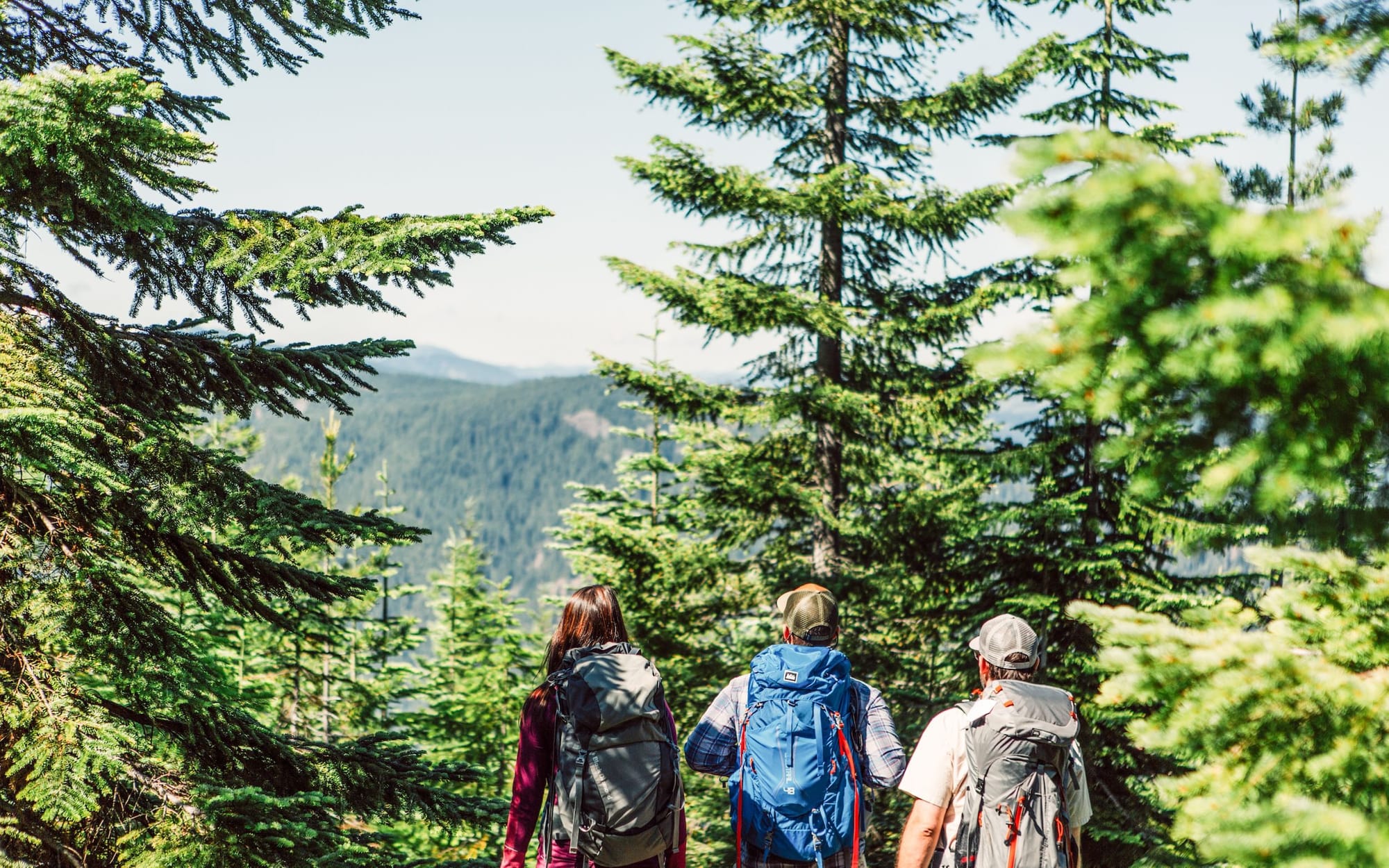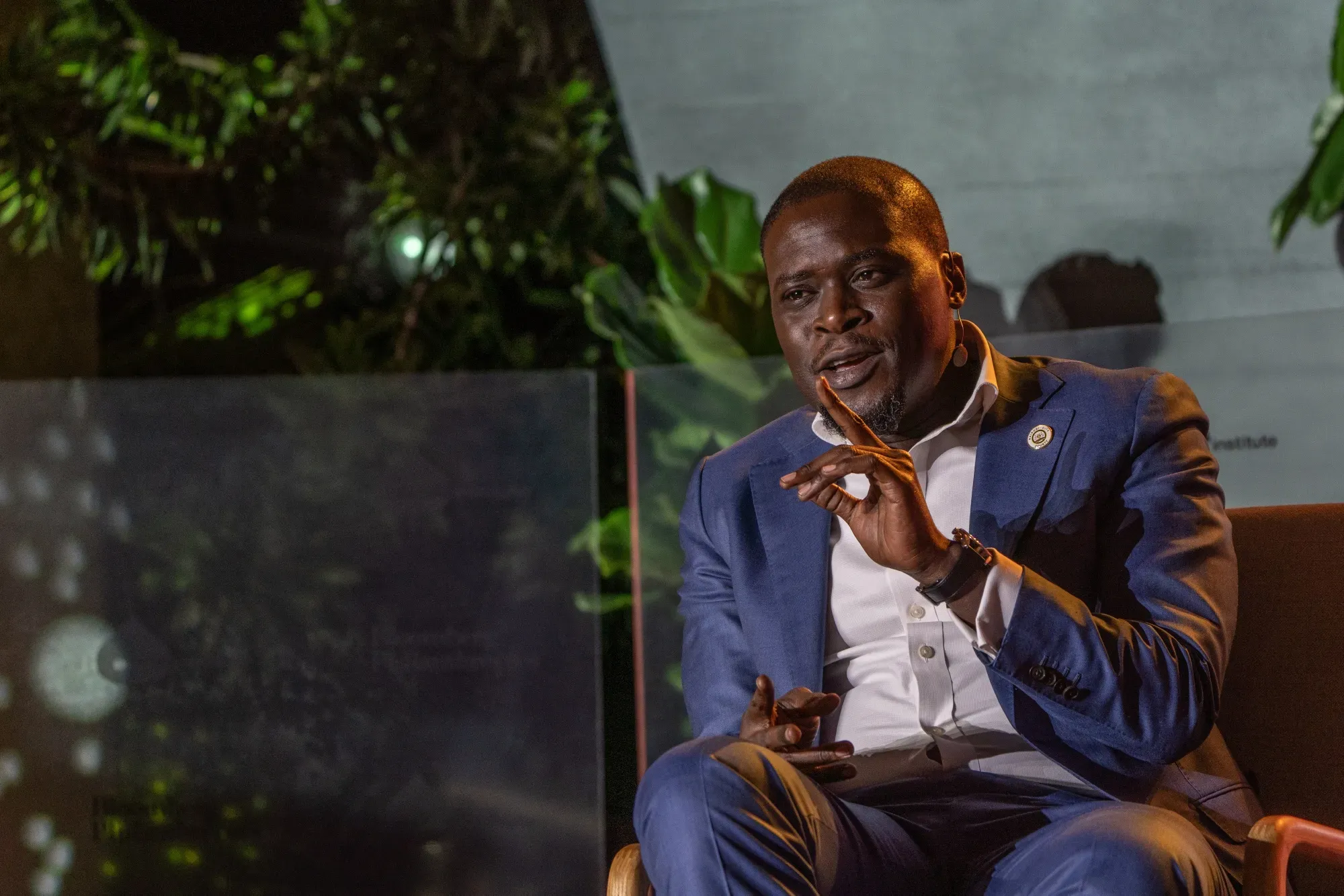In February 2023 we got an email from one of our readers, Steph C., who said she had noticed some errors in the last few editions, and would we be open to help with proof-reading? Of course we said yes, and were quickly blown away by her ability to pick up even the tiniest of mistakes. When we asked if we could pay her, she refused and insisted that we give the fee to our charity partners instead.
She's been working with us ever since, casting her eagle eye over every edition from 200 to 274. It's made a massive difference, not only to the finished product, but also to our research and writing process - giving us absolute faith that any issues would always be picked up in the final edit. Any improvement you might have noticed in the quality of the newsletter in the last year or two has been almost entirely due to Steph.
Sadly for us, but happily for her, she's stepping away to focus full time on her new venture - Cashmere Cat Spa, the only specialised cat groomer in Silicon Valley and the East Bay in California. They give special attention to elderly cats who can't groom themselves as well as longhaired and aggressive cats who often get turned down by other groomers. She's also started a program for senior living communities, to help elderly people care for their feline friends.
If you live in the area and are looking for a groomer, please contact her!

We're so grateful to Steph for her help, especially as it was all voluntary. It's a reminder of how amazing our community of readers is. Oh, and we apologise for the inevitable uptick in mistakes. We're riding bareback again. 😬
This week's top stories
Eight countries to relegate corporal punishment to the past
Panama, Kyrgyzstan, Uganda, Burundi, Sri Lanka and the Czech Republic are set to ban corporal punishment against under-18s, while the Gambia and Nigeria have promised to end it in schools. Together, these countries are home to approximately 150 million children, with the WHO calling the move a "fundamental shift." The Guardian
Deforestation in the Amazon is still plunging
Deforestation in the Brazilian Amazon has plummeted to its lowest level in nine years. For the year ending July 31, the rainforest lost 6,288 km2, the lowest annual loss since 2015. The rate of loss appears to be stable, despite a sharp increase in wildfires across the region. Mongabay
The global energy transition will cost a lot less than we think
With estimates ranging from $3 trillion to $12 trillion, the cost to green the world's economy can seem inconceivable but The Economist argues the cost will actually be closer to $1 trillion annually - or 1% of global GDP. Most analysts overestimate energy demand and underestimate technological advances. Could someone tell negotiators in Baku?

Colombia outlaws child marriage after 17-year campaign
Colombia's civil code allows children as young as 14 years old to get married with parental consent. After 17 years of campaigning by advocacy groups and eight failed attempts to pass legislation, Congress has now voted in favour of a bill that will make the minimum age for marriage 18 years, and will protect rights and development opportunities for minors. CNN
A partial salve for US election pain
Of the ten states with abortion questions on the ballot, Missouri and Arizona voted in favour of expanding access to abortion, while Colorado, Montana, Nevada and New York took a step closer to constitutionally protecting a woman's right to choose. “I’ve never ever seen people work in a campaign this hard. Door to door. Phone calling. Give sacrificially… This is like nothing I’ve ever experienced.” NPR
AI chatbots defeat doctors at diagnosing illness
Doctors in Boston were given six case histories and graded on their ability to make a correct diagnosis and explain it. Assigned to do the same task, ChatGPT-4 scored an average of 90%, doctors using AI scored 76%, and those who didn't scored 74%. “Only a fraction of doctors actually saw the surprisingly smart and comprehensive answers the chatbot was capable of producing.” NYT
The technology driving ChatGPT is capable of so much more. What’s coming next will make talking bots look like mere distractions. WSJ
Conservationists bring three species back from the brink
Wildlife officials in India’s Rajasthan state have hatched a critically endangered great Indian bustard through artificial insemination for the first time, a cloned black-footed ferret has given birth to healthy kits at the Smithsonian National Zoo, and after being declared extinct in 2000, the scimitar oryx has been downlisted to Endangered following a successful captive-breeding and reintroduction program.

Desertified land shrinks in China
The area of desertified land in China has decreased by 43,000 km2 since 2012. By implementing desertification control projects and promoting scientific and technological innovation to address the problem, the country has rehabilitated 53% of its treatable desertified land. Xinhua
Demand for James Webb Telescope nine times greater than supply
Nearly three years since launch, demand for the JWST is stronger than ever, receiving 2,377 unique proposals for its fourth cycle of observations. More than 600 scientists will review the proposals and select the most promising ones, including distant galaxies, new exoplanets, and worlds inside our own Solar System. Ars Technica
New lupus treatment could end need for lifelong medication
Doctors are hailing a groundbreaking new treatment for lupus that genetically modifies a patient’s cells to fight the autoimmune disease and could end the need for lifelong medication. About 5 million people worldwide are thought to have the condition, which mostly affects women. "“If this works, it’s life-changing. Until now, there’s never been anything for lupus that is a possible cure." Atlantic
Laura Hazard Owen, the editor of Nieman Lab, says she's changing the way she reads the news: It didn’t take the 2024 presidential election to make me realize this is a bad way to live. I already knew I should stop. Last week, though, I realized I had to stop, before I got sucked down, before more years passed, before I spent my entire adult life this way. Because yes, right now I can say I’m doing this in large part for my kids. But more broadly, my news reading habits are affecting my human relationships.
US climate and conservation state initiatives win big
12 climate and conservation-related ballot initiatives were approved in the recent election, covering environmental education, wildfire prevention, water conservation, park maintenance, offshore energy generation and more. They include a $10 billion bond in California for climate resilience, $6 billion in New York for clean water, and $2 billion for conservation in Minnesota. Nature Conservancy

Trump can't stop the clean energy revolution
Despite concerns about Trump's impact on the clean energy transition, economic and state-level policies make it unlikely that his return will reverse America's progress. Market forces - especially in Republican states - are driving the shift. “Texas has the most solar and wind of any state, not because Republicans in Texas love renewables, but because it’s the cheapest form of electricity there.” Grist
Chinese EV juggernaut BYD makes ten millionth new energy vehicle
Another week, another record for BYD. The Chinese juggernaut announced this week that it became the world’s first automaker to achieve the rollout of the 10 millionth new energy vehicle. This marks the first automaker globally to accomplish this and demonstrates just how swiftly the world is moving towards electric and hybrid vehicles. Electrek
Nairobi's pioneering school lunch program for 300,000 kids
Governor Sakaja Arthur Johnson has championed the city's flagship school lunch program, which uses centralized kitchens to serve food to hundreds of thousands of schoolchildren at the cost of roughly five US cents per meal. Since the program launched in 2023, test scores, attendance and enrollment have increased significantly. Bloomberg
We've been able to build 17 central kitchens that have created 2,000 jobs. 300,000 children now are having a meal every day. Enrolment has gone up by 34% in our schools just by providing those meals. For many of them it’s the only meal they get. They look happier. More importantly they feel loved. They feel that there is a government that actually can care.




